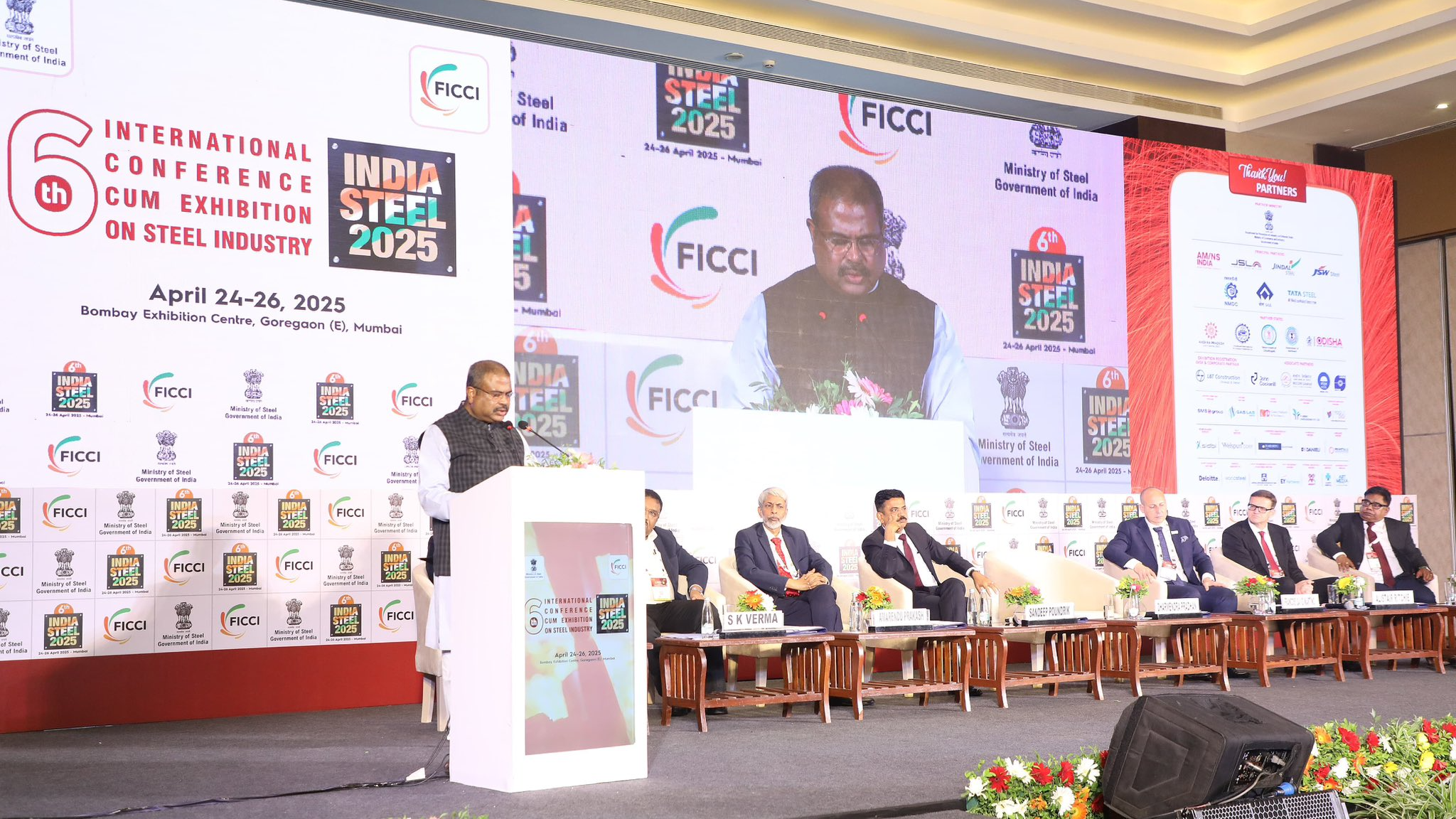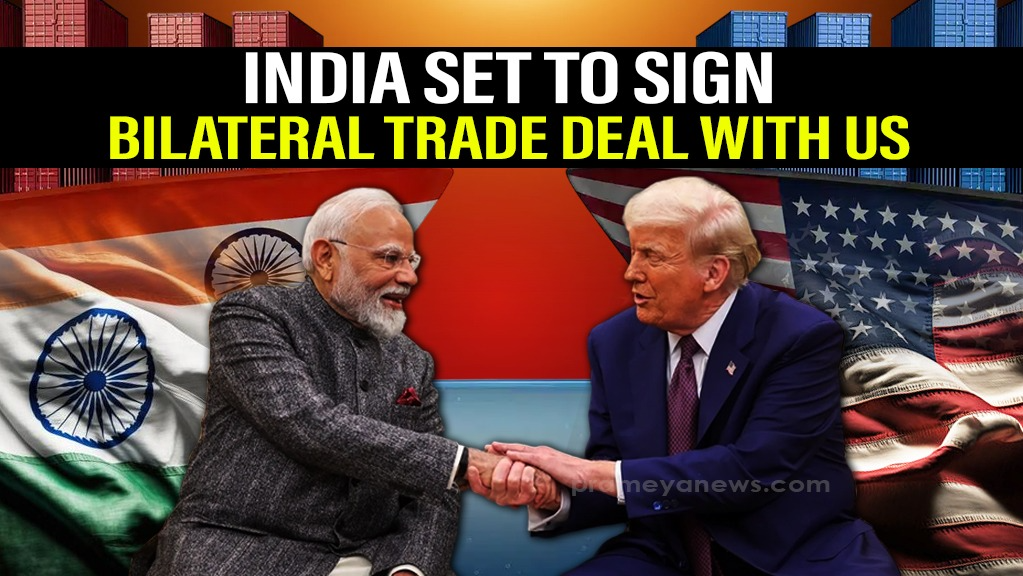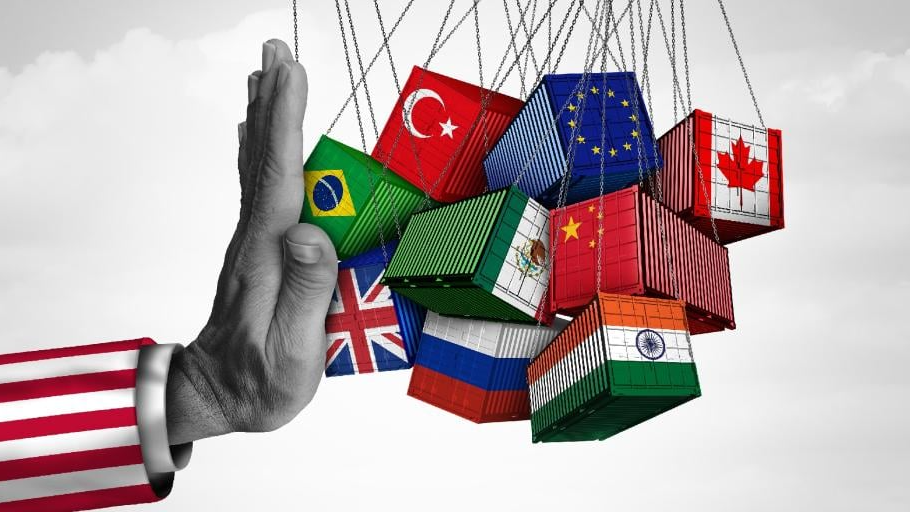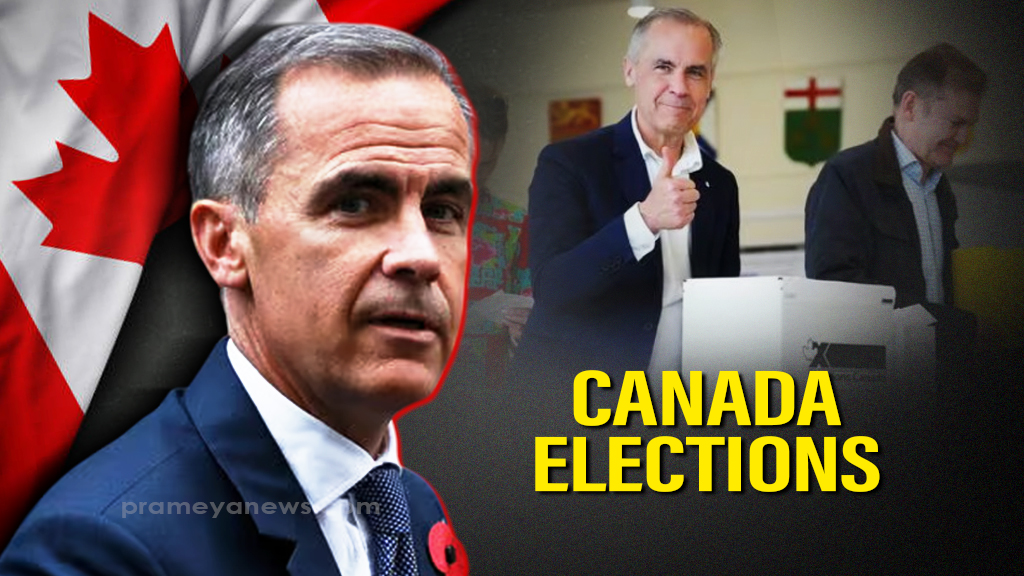
Amazon Great Summer Sale 2025: More discounts on Smartphones, electronics & more

TPSODL celebrates Innovation Day 2025 with spirit of creativity and progress

INWEC Announces Second Edition of National Women's Business Mela –“BIGGER and BOLDER”

EPF funds transfer now becomes easier: No approval mandatory from receiver

Steel sector is spine of our economic growth: Dharmendra

Rabi paddy procurement in Odisha from May 1st 2025

MCL hosts Coal India’s 2nd HR/IR Conclave 2025 in Bhubaneswar

India may be the First nation to finalise and sign – Bilateral trade agreement with US

Pakistan Airspace Closure: Flight duration will be longer, fuel burn and fares will go up

Gold price in India today

Check Odisha petrol-diesel rate

Gold price hits record high in India; breaches Rs 1 Lakh/10 grams

Ramraj Cotton: Launches Premium Mrithu Towels with Meenakshi Chaudhary as Brand Face

Google Eyes India Expansion for Pixel Exports, talks in progress with Dixon and Foxconn

Gold prices breach record in India, 24kt nears 1 lakh

Klaus Schwab steps down as Chairman of World Economic Forum

Gold hits new record high of 96, 805, may touch 1 lakh mark ahead of Akshaya Trutia

Super summer sale 2025: Huge discounts on home appliances and many more, visit these websites now!

Gold shines in early 2025, up nearly 25%; silver gains 15% amid global uncertainty
















































